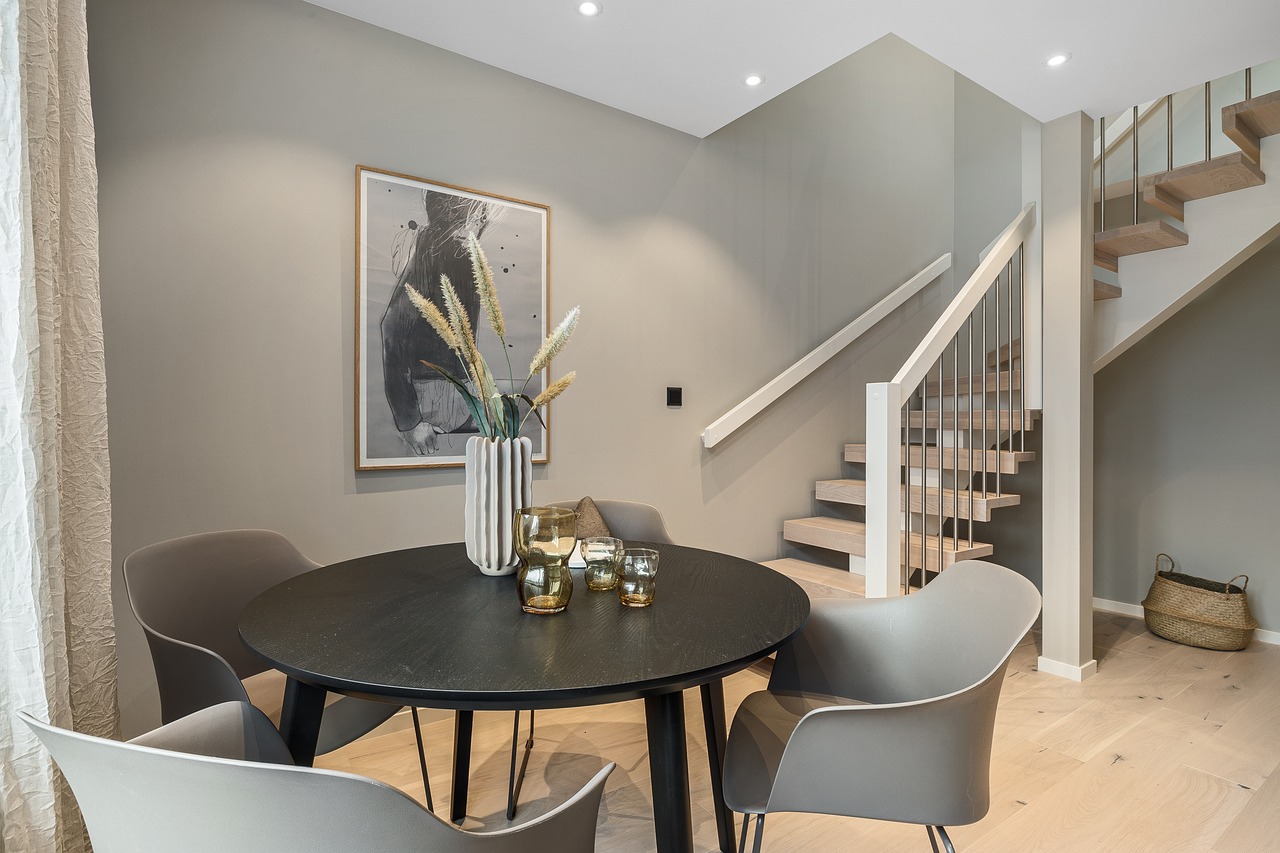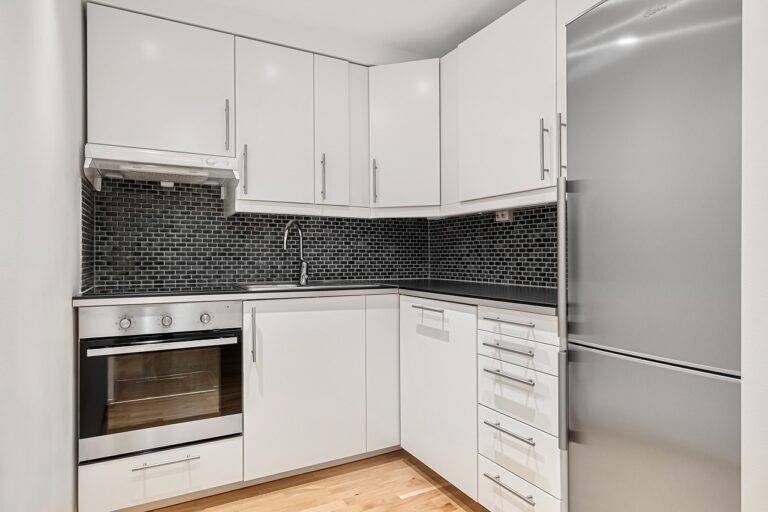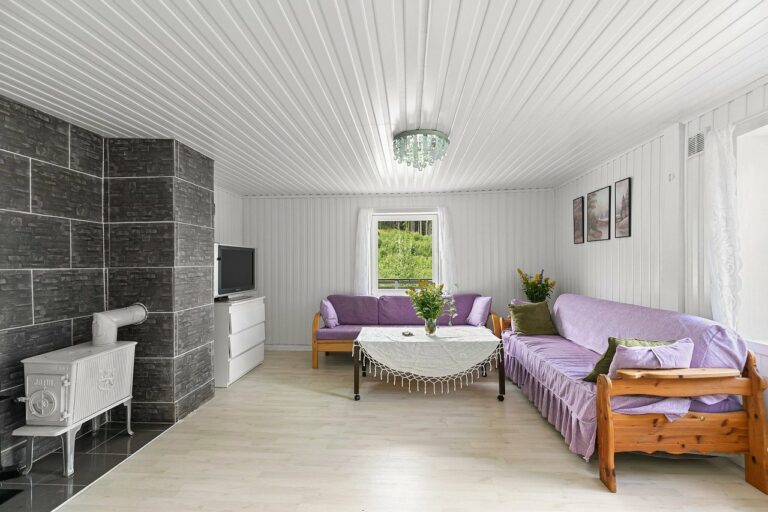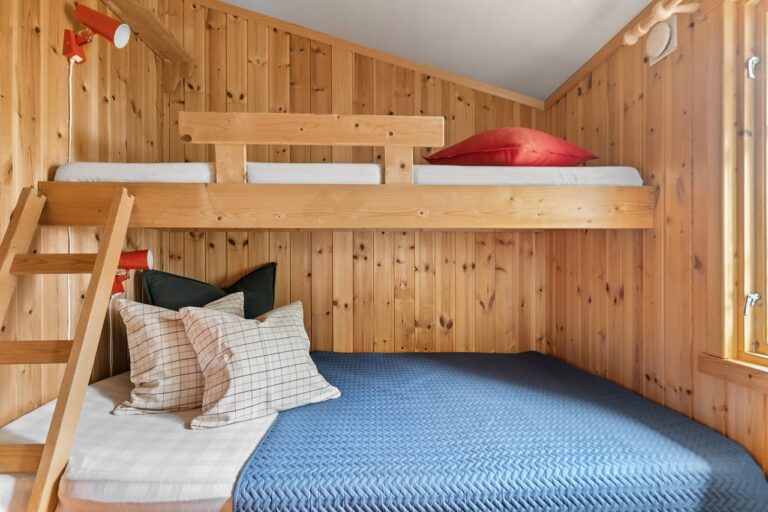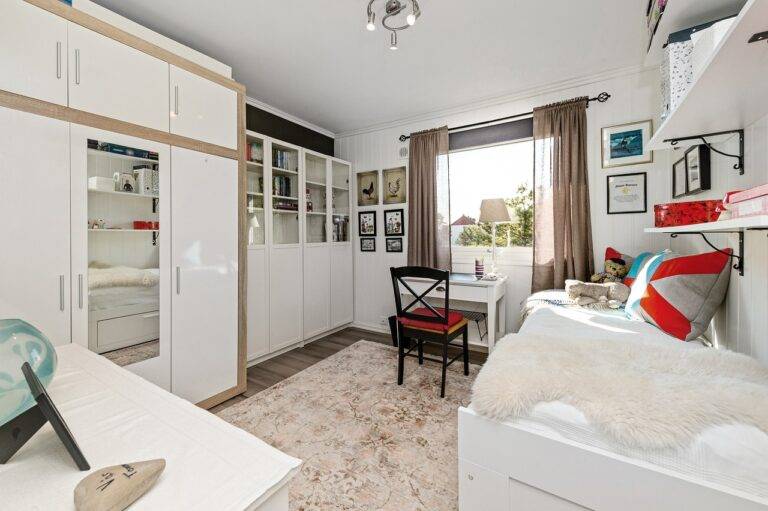How to Enhance Home Ventilation During Renovations: 11xplay sign up login password, Www laser247.com, Tiger exchange 247
11xplay sign up login password, www laser247.com, tiger exchange 247: Renovating your home can be an exciting project that breathes new life into your living space. However, during renovations, it’s essential to pay attention to home ventilation to ensure a healthy indoor environment. Proper ventilation not only helps in maintaining good air quality but also prevents mold and mildew growth. Here are some tips on how to enhance home ventilation during renovations.
1. Assess Current Ventilation System:
Before starting any renovation work, it’s crucial to assess your current ventilation system. Check if there are any blockages or leaks in the ductwork that may be hindering airflow. If your home doesn’t have a proper ventilation system in place, consider installing one to ensure adequate air circulation.
2. Open Windows and Doors:
One of the simplest ways to enhance home ventilation during renovations is to open windows and doors whenever possible. This allows fresh air to flow in and stale air to flow out, improving indoor air quality. If weather permits, keep windows and doors open while working on renovation projects.
3. Use Exhaust Fans:
Install exhaust fans in areas where moisture and odors tend to accumulate, such as the kitchen and bathroom. Exhaust fans help in removing excess humidity and pollutants from the air, promoting better ventilation. Make sure to run exhaust fans while cooking or showering to prevent condensation and mold growth.
4. Consider a Whole-House Ventilation System:
If you’re looking for a more comprehensive solution, consider investing in a whole-house ventilation system. These systems work to continuously exchange indoor and outdoor air, ensuring a constant supply of fresh air throughout your home. Whole-house ventilation systems are especially beneficial for tightly sealed homes with limited natural ventilation.
5. Clean Air Filters Regularly:
During renovations, dust and debris can accumulate in air filters, hindering proper airflow. Make sure to clean or replace air filters regularly to maintain efficient ventilation. Clogged air filters not only reduce air quality but also strain your HVAC system, leading to higher energy bills.
6. Seal Off Renovation Areas:
To prevent dust and pollutants from spreading to other areas of your home, seal off renovation areas with plastic sheeting. This helps in containing airborne particles and maintaining air quality in unaffected areas. Consider using temporary air purifiers in renovation zones to filter out contaminants.
7. Minimize VOC Exposure:
Volatile organic compounds (VOCs) are emitted from paints, adhesives, and other renovation materials, contributing to indoor air pollution. Choose low-VOC or zero-VOC products to minimize exposure during renovations. Proper ventilation is essential in dissipating VOCs and ensuring a healthy indoor environment.
8. Test Indoor Air Quality:
If you’re concerned about indoor air quality during renovations, consider testing for pollutants such as mold, radon, or formaldehyde. Professional indoor air quality testing can identify potential issues and help you take the necessary steps to improve ventilation and air quality.
9. Maintain Proper Humidity Levels:
Excess humidity can lead to mold growth and poor indoor air quality. Proper ventilation helps in regulating humidity levels in your home. Use dehumidifiers in damp areas and ensure adequate ventilation to prevent moisture buildup.
10. Consult with HVAC Professionals:
If you’re unsure about how to enhance home ventilation during renovations, consider consulting with HVAC professionals. They can assess your current ventilation system, recommend improvements, and provide valuable insights on maintaining good indoor air quality.
FAQs:
Q: Can I install ventilation systems on my own?
A: While some ventilation systems can be installed by homeowners, it’s recommended to consult with HVAC professionals for complex installations to ensure optimal performance.
Q: How often should air filters be cleaned or replaced?
A: Air filters should be cleaned or replaced every 1-3 months, depending on usage and type of filter. During renovations, more frequent replacements may be necessary.
Q: Are whole-house ventilation systems energy-efficient?
A: Whole-house ventilation systems are designed to be energy-efficient, as they utilize heat recovery mechanisms to minimize energy loss while exchanging indoor and outdoor air.
Enhancing home ventilation during renovations is essential for maintaining a healthy indoor environment. By following these tips and investing in proper ventilation systems, you can ensure good air quality and a comfortable living space for years to come.

